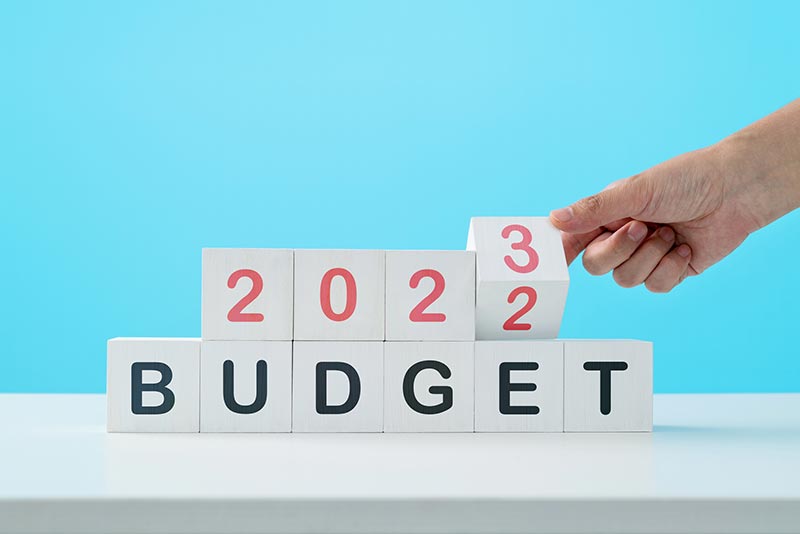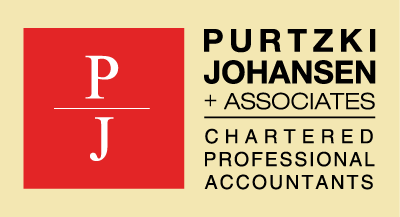
The 2023 federal budget was released with great anticipation for some possible harsh tax measures to counteract previous government over spending. However, with a projected federal deficit of over $40 billion it seems the government is keen to double down on its policy of spend now and let the future generations deal with the consequences. While there may not have been many sweeping tax changes to note some of the key points that doctors will want to be aware of are:
- Proposed Revision to Alternative Minimum Tax (AMT)
The Alternative Minimum Tax (AMT) was first introduced in 1986 to impose a high rate of tax on taxpayers that had significant amounts of tax preferential income and deductions. Today it is rarely incurred by doctors except in circumstances when they sell shares of a small business corporation and claim the lifetime capital gains exemption, have large amounts of tax preferred dividends/capital gains, or significant deductions such as RRSPs or interest on investment loans.
Fortunately, if you’ve paid the AMT on a one-time transaction such as claiming the life time capital gains exemption, it can be recovered by claiming it as a tax credit for up to seven years after it was paid.
The budget proposes to raise the AMT rate from 15% to 20.5% as well as change basic exemption and types of income and deductions applied in the calculation. These new rules are proposed to be effective after 2023.
No need to worry though, most doctors won’t incur the AMT unless they are selling shares of a small business corporation and claiming the lifetime capital gains exemption. More than 99% of the AMT will be paid by individuals reporting more than $300,000 of tax preferential personal income per year and about 80% of the AMT will be paid by those reporting more than $1 million of tax preferential personal income per year.
- Draft Changes to the General Anti-Avoidance Rule (“GAAR”)
GAAR was first introduced in 1988 with the goal of preventing taxpayers from implementing certain tax transactions that the government felt were not in line with the spirit of the Income Tax Act. Certain transactions that were deemed abusive would be reassessed by CRA under this legislation.
The 2023 budget proposed to significantly widen the scope of what is considered to be avoidance. In addition, the normal reassessment window for GAAR transactions will be increased for an extra three years plus a penalty of 25% of any tax benefit may now apply.
This legislation is currently up for consultation until May 31, 2023, and any possible effective date has yet to be announced. While it is possible a date could be retroactive, we will have to await the final legislation to determine how and when it may be applied. This may end up changing the approach certain taxpayers take with respect to possible aggressive tax planning techniques.
- Changes to Registered Education Savings Plans (RESPs)
Currently there is a limit of $5,000 of grant and investment income earned inside an RESP that can be withdrawn in the first 13 weeks of Post Secondary Education. These withdrawals are referred to as Educational Assistance Payments (EAP’s).
The Budget increases the EAP limit to $8,000 as well as proposes changes to allow divorced and separated parents to open joint RESP’s for their children.
- Canadian Dental Care Plan
The budget proposes to provide $13 billion of dental coverage over five years for uninsured Canadians with an annual family income of less than $90,000, with no copays for those with family incomes under $70,000. The plan would begin providing coverage by the end of 2023. Details on eligible coverage will be released later this year.
The budget also proposes legislation to compel employers and employer pension plans to report dental coverage offered to employees and plan members through T4/T4A reporting. This requirement would ensure that the new Dental Care Plan is limited to Canadians with an unmet need for dental care who do not have access to private insurance.
- First Time Home Savings Account Release Date
Initially announced in the 2022 budget the current budget now has set the implementation date of April 1, 2023 for when financial institutions can start offering these accounts to First-Time Home Buyers. See below for our previous newsletters on this topic.
https://www.purtzki.com/justfordoctors/the-first-home-savings-account-fhsa-what-you-need-to-know/
- Lowering Credit Card Transaction fees for Small Business
The budget announced VISA and Mastercard has committed to lowering fees for small businesses. Estimated savings may be up to 27%. More details are expected to be released in coming weeks on which business qualify.
- Underused Housing Tax (“UHT”) Penalties Delayed
The day before the budget was released the government also announced they would not be charging any penalties or interest for late filed UHT forms (initially due April 30) as long as they are filed by October 31.
- What anticipated changes did not occur:
- There are no personal and corporate tax increases.
- There is no increase to the capital gain inclusion rates.
- There is no new “wealth” tax.
- No changes to the principal residence exemption
Surplus stripping was not yet eliminated pending what changes may result from the May 2023 General Anti-Avoidance Rule proposals.



